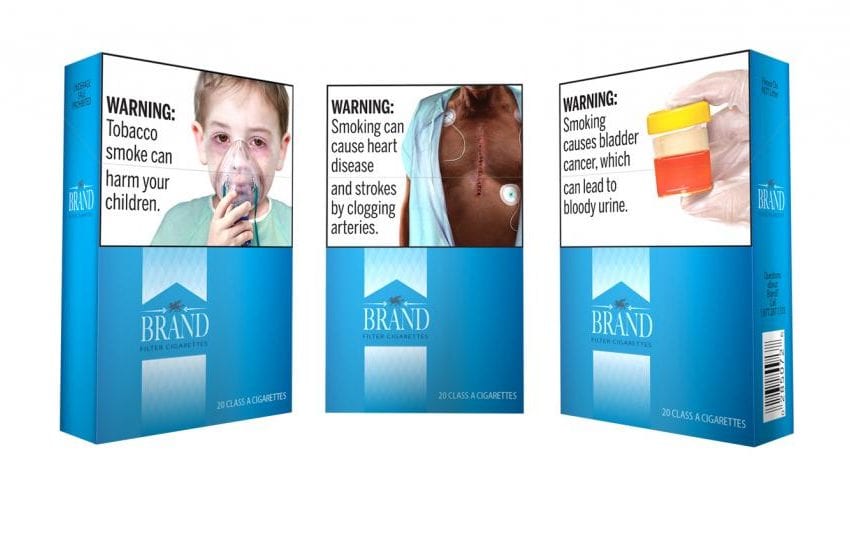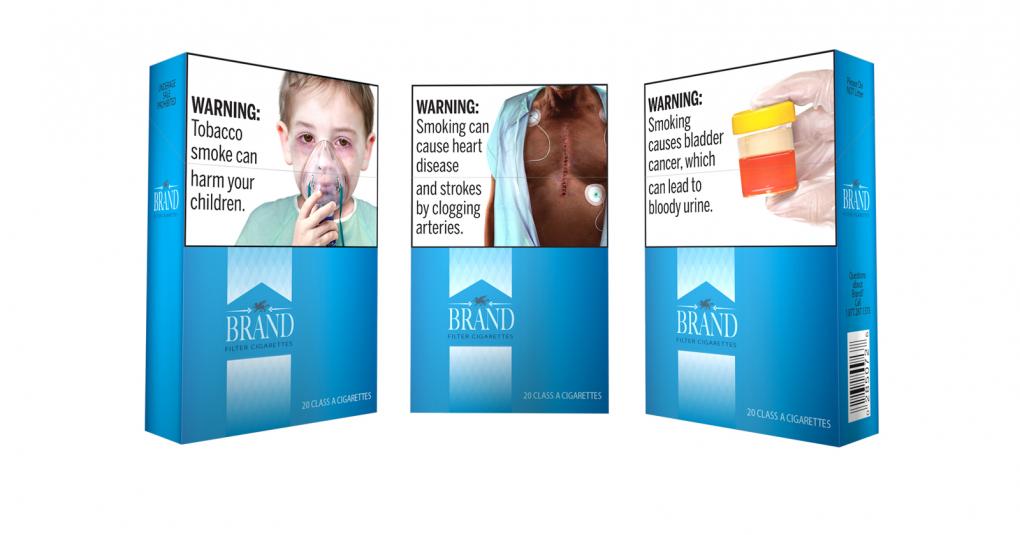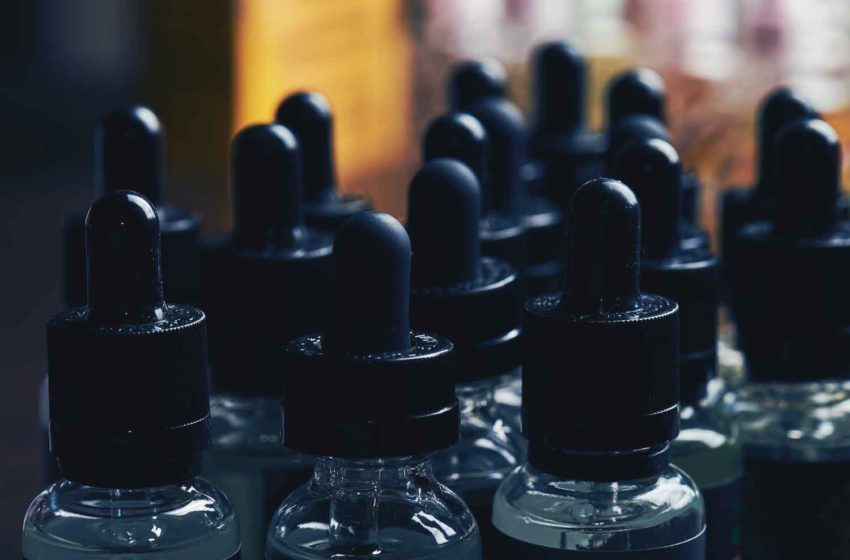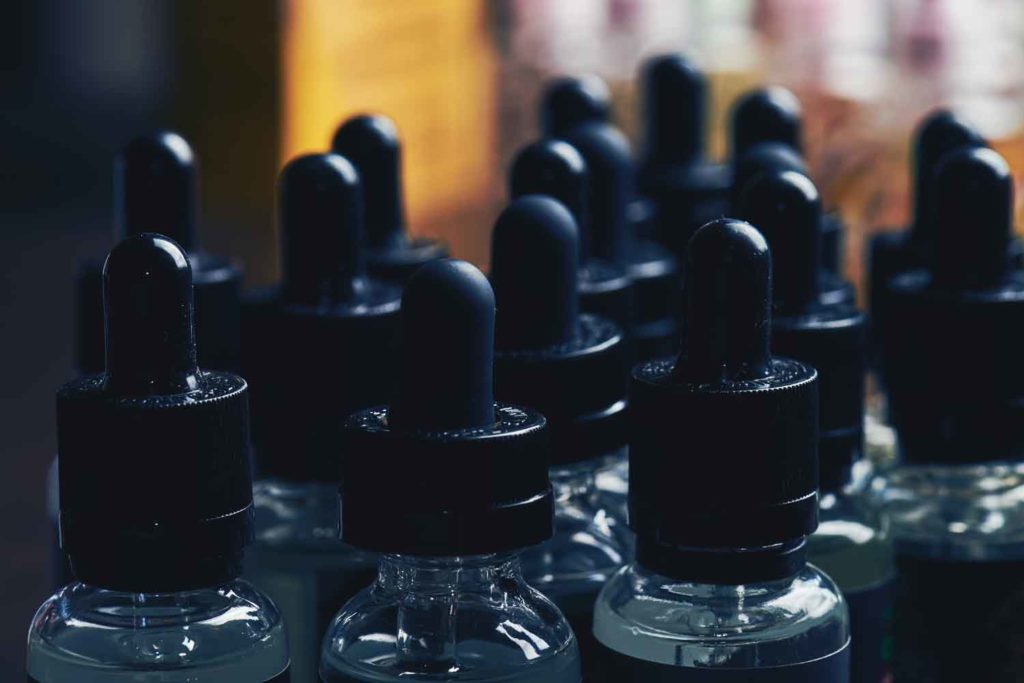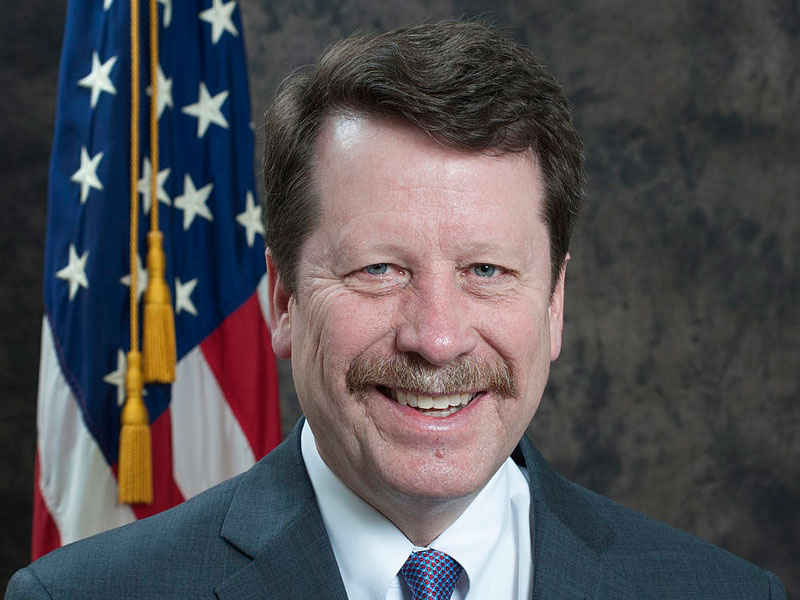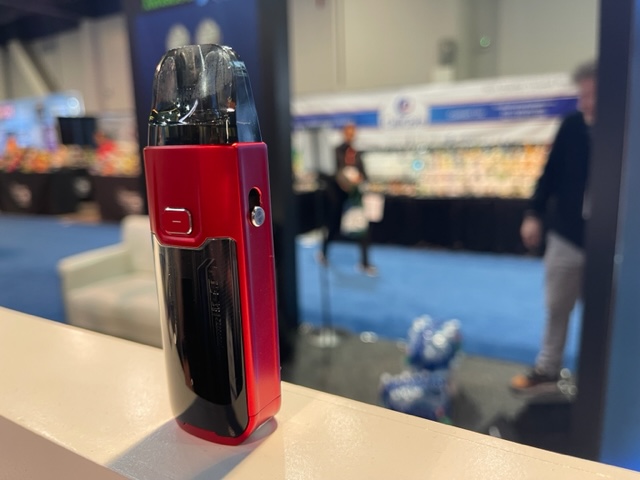
Banning cigarette filters is the only way to stop tobacco product pollution, according to a new study published by the Dutch sustainability think tank CE Delft and reported by Dutch News.
Every year, Dutch smokers discard an estimated 200 million to 7.1 billion cigarette butts into the environment.
The current policy of limiting toxic waste by discouraging smoking is not working, according to CE Delft. The organization is also skeptical about the potential of butt deposit schemes. Consumer research has shown that just over one quarter of smokers said they would be willing to hold on to their butts until they had an opportunity to discard them at a collection point.
Dutch Junior Environment Minister Vivianne Heijnen wants to reduce the number of discarded filters, which contain plastics and chemicals, by 70 percent in 2026. The current measures, which include general awareness campaigns and a smoking ban on beaches, have resulted in only a 15 percent decrease, CE Delft found.
In 2022 alone, volunteers collected almost 90,000 cigarette butts during a two-week cleanup of the Dutch beaches, amid 4,400 kilos of waste left by beachgoers.
A ban on cigarette filters will become feasible in 2026 when the European Union will review its rules on single-use plastics, the report noted.




